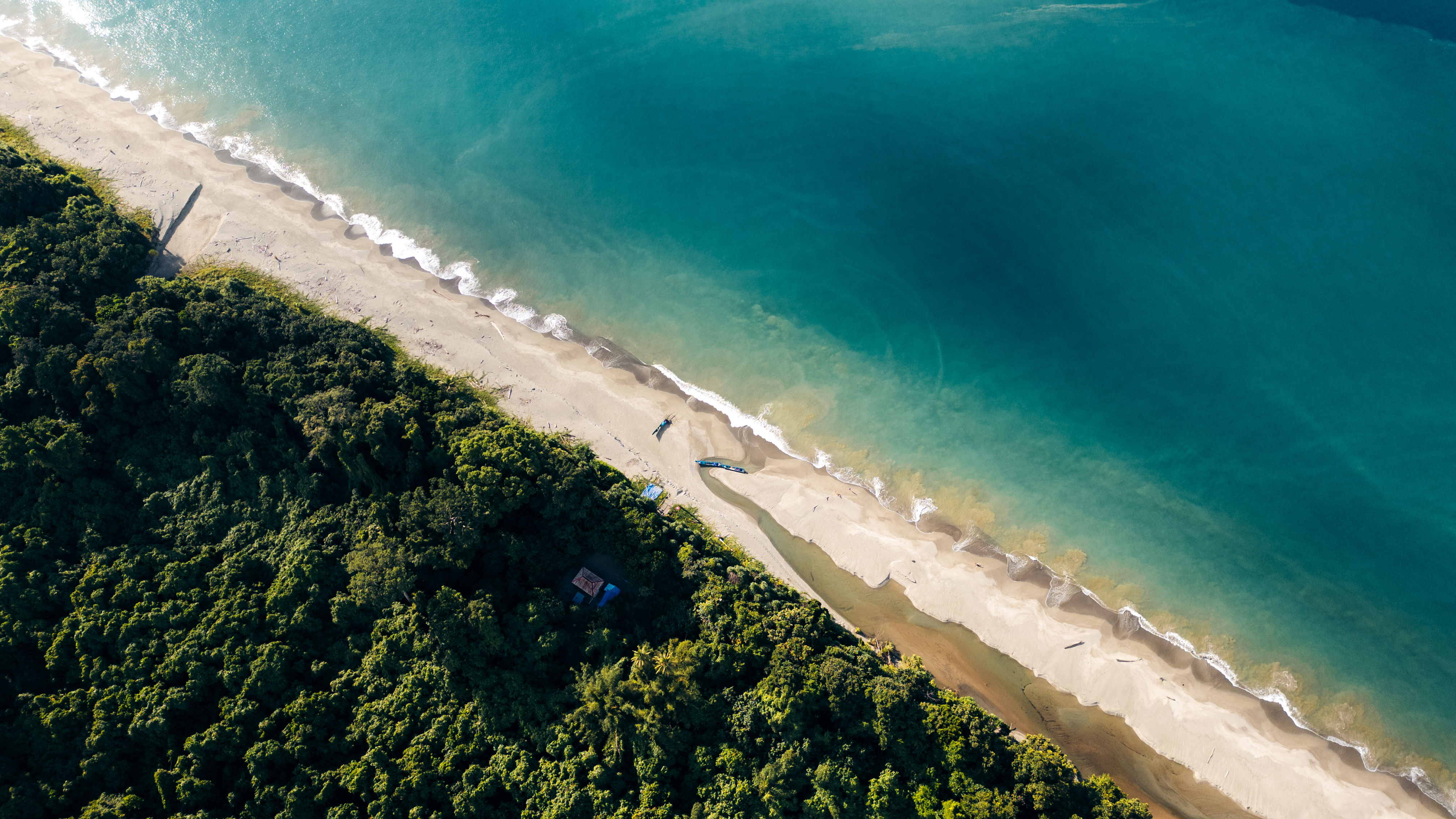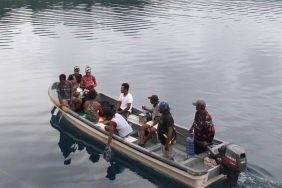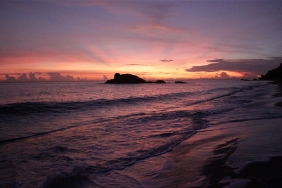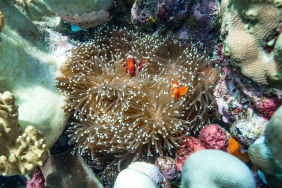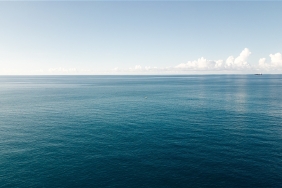GUARDIANS OF THE CUSTOMARY WATERS OF LATO VILLAGE, EAST FLORES
By: Nisa Syahidah (WWF-Indonesia)
On our third day in East Flores, from the top of the anchoring Menami, I gazed into the distance at a white building. The Church of St. Virgin Mary La Salete, that's what my Google Maps reads.
The church looks quite striking amongst the dense green of the coastal village, Lato is its name. The capital of Tetihena sub-district, East Flores, it is located parallel to Hading Bay. The waters of Lato Village have been our place to spend the night since yesterday. According to the zoning plan of the marine protected area, this village is included in the Sub-Cultivation Sustainable Fisheries Zone in this East Flores Aquatic Nature Reserve.
The evaluation and debriefing that night initially went typically. Until Mr. Rusydi (University of Muhammadiyah Kupang) told me about a special guest Menami had this evening. Apparently, a member of the Pokmaswas (Community Supervisory Group) of Lato Village. Pokmaswas is a group of people who supervise the ongoing utilization of fisheries and marine resources.
"Fikri (WWF-Indonesia) and I were sitting at the front when this man's boat slowly docked to Menami," said Mr. Rusydi. "Apparently, this man introduced himself as the village Pokmaswas, telling us that these waters are protected by local customs," he continued.
Previously, on Pantar Island, Alor, we knew Raja Baranusa with the customary areas of Lapang Island and Batang Island, the core zone of a marine protected area that is also protected by customary regulations. Indigenous and Community Conserved Areas (ICCAs) are fisheries management systems based on local wisdom in managing their natural resources. This story about ICCAs in East Flores is new to us.
"I am in charge of visiting the ships that stop here. Every boat that moves within a 5-kilometer radius of these waters must pay Rp5,000 per day," said Pak Rusydi, quoting the Pokmaswas father. Those of us who heard it could only ooh and ah. But Mr. Rusydi's story wasn't finished. He was still quoting the words of this man whose name he could not remember.
"I am also a fisherman, I used to use bombs and potassium," he said. "But not anymore, it's damaging the sea."
This answers the findings of researchers who found signs of bombing scars down there. Throughout the dives that day, the team also heard the sound of bombs several times. Not only in one location, but up to three dive points. Apparently, not all fishermen have followed in the footsteps of this Pokmaswas father.
Nevertheless, it's good to know that there are more customary-based conservation areas than we know. Not only in Alor, not only in Koon, Maluku, or Wakatobi - but also in this western tip of East Flores.
"I didn't have time to invite him for coffee, his father had already left," says Mr. Rusydi, sipping his coffee - I don't know how many cups he had that day.

